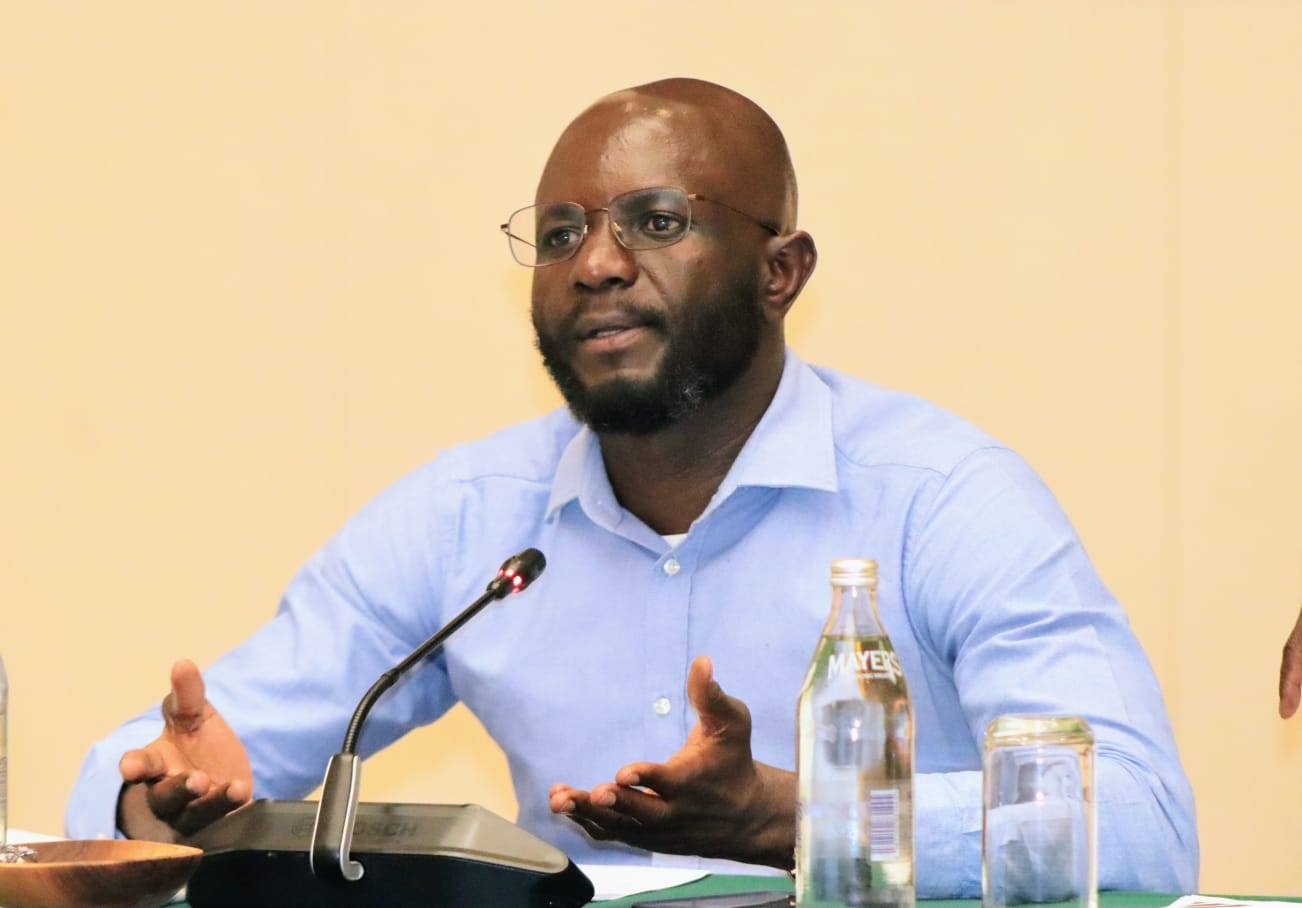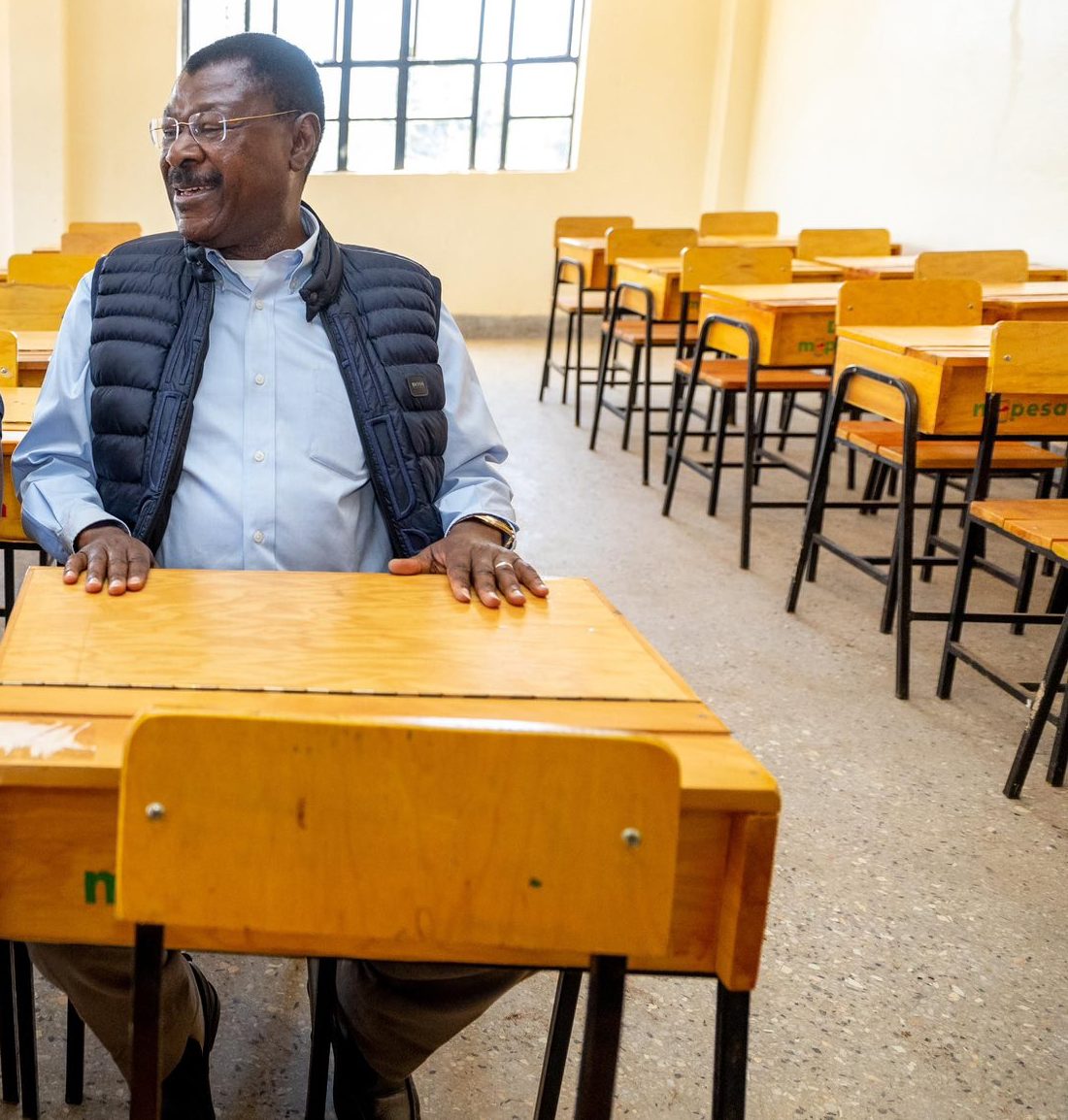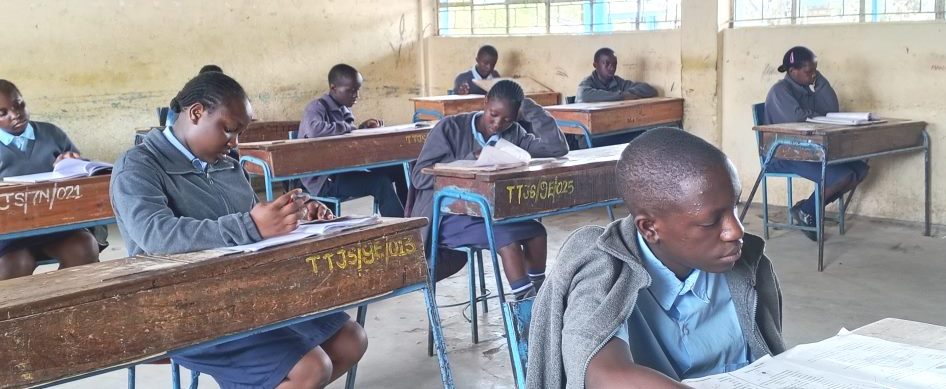Members of Parliament, (MPs) have diverted billions of shillings meant for public school learners to cover the cost of administering and invigilating national examinations in the upcoming 2025/2026 financial year.
In a report by the National Assembly, Budget and Appropriations Committee (BAC), the lawmakers revealed that the examination process requires Ksh11 billion—a figure that had not been included in the National Treasury’s original budget estimates.
To fill the gap, the committee recommended a reduction of Ksh5.9 billion from the school capitation budget, which will affect secondary schools by Ksh3 billion, junior secondary by Ksh2 billion, and primary schools by Ksh900 million.
While the committee described the move as a fiscal consolidation measure to help balance the Ksh4.2 trillion budget, education stakeholders have warned of severe consequences, especially for children from poor households who rely on capitation funds to access learning materials, meals, and basic operations.
ALSO READ:
MPs question KUCCPS over varsity placement faults, sponsorship of private university students
The chairperson of the National Assembly’s Education Committee, Julius Melly, defended the reallocation, citing national interest.
“Given that examinations are considered a national security matter, adequate funding is essential to ensure their integrity and smooth administration,” he said while appearing before the BAC committee.
This is not the first time exams have lacked dedicated funding. In the current financial year, the government was forced to provide funds for exam-related activities through a supplementary budget, raising concerns about the sustainability of such hasty arrangements. Lawmakers now argue for a more structured and predictable system in future financial planning.
Under the Free Primary Education program, the government currently allocates Ksh1, 420 per pupil annually. For junior school learners, the figure stands at Ksh15, 042, while secondary school students receive a capitation of Ksh22, 244. However, the secondary capitation has recently been reduced to about Ksh15, 000.
ALSO READ:
KNUT demands 60 per cent salary increase ahead of July new CBA
The disbursement is made in three phases—50 percent in the first term, 30 percent in the second, and the remaining 20 percent in the third term.
In March this year, schools received Ksh14 billion to complete first-term allocations. Despite this, several school heads have raised concerns about the adequacy of the funds. Some have also reported discrepancies between the number of students on school rolls and the actual capitation received, resulting in operational shortfalls.
While the capitation cuts have triggered anxiety, the BAC report includes proposed increases in several other education-related areas. These include an additional Ksh50 million for the construction of educational assessment resource centers, Ksh100 million to enhance capitation for Special Needs Education, and Ksh400 million earmarked for infrastructure development in secondary schools.
The Kenya Institute of Curriculum Development is also set to receive an additional Ksh200 million, and public participation projects will benefit from a Ksh219 million boost.
ALSO READ:
MPs question KICD wastefulness in printing 1 million French books schools didn’t need
However, not all areas saw increases. The committee proposed a Ksh250 million reduction in funds meant for ICT integration in secondary schools. On the other hand, teacher training colleges are expected to receive an extra Ksh100 million for infrastructure upgrades.
University education has also faced significant cuts. The BAC proposed a reduction of Ksh1.8 billion in this sector, with Ksh1.3 billion taken from the government-sponsored students in private universities program.
The University of Eldoret is set to lose Ksh250 million meant for the construction of an engineering complex, while the Open University will also lose a similar amount. To partially offset these cuts, Rongo University is expected to receive an additional Ksh100 million, and Jaramogi Oginga Odinga University Ksh125 million for infrastructure development.
By Cornelius Korir
You can also follow our social media pages on Twitter: Education News KE and Facebook: Education News Newspaper for timely updates.
>>> Click here to stay up-to-date with trending regional stories
>>> Click here to read more informed opinions on the country’s education landscape






